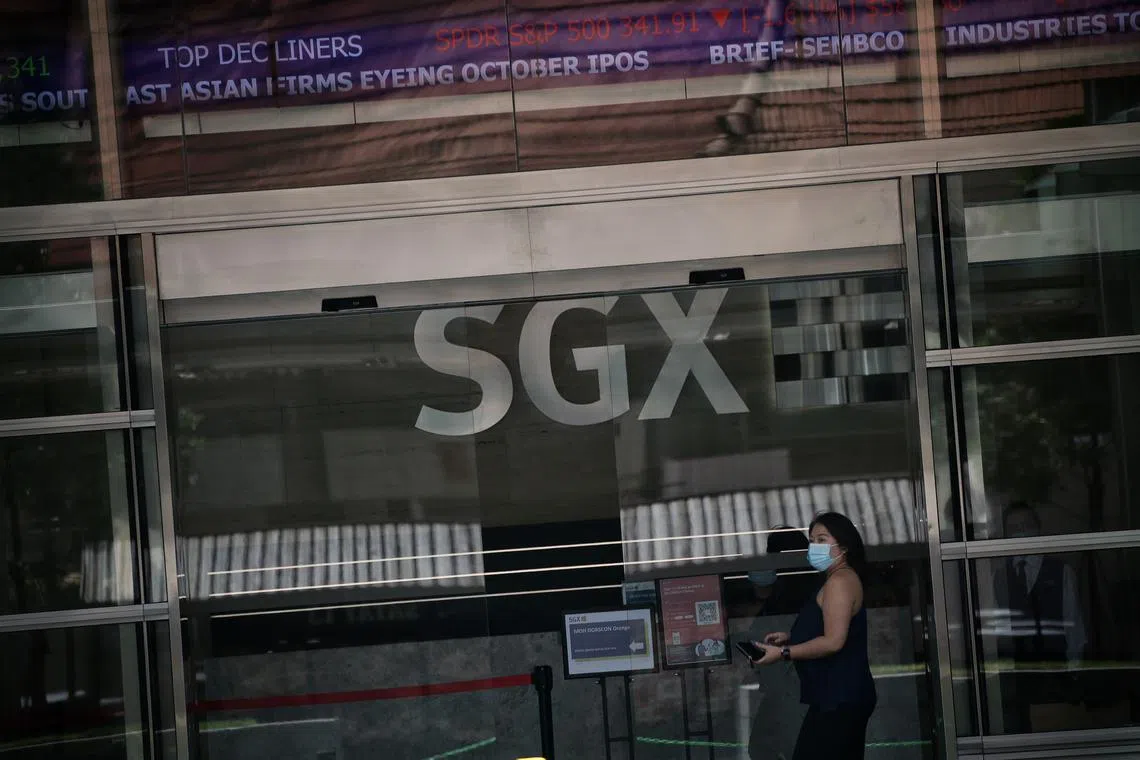Only 53% of listed firms fully disclose salaries of top staff: Poll
Sign up now: Get ST's newsletters delivered to your inbox

The survey also found that 94 per cent of the companies that did not provide full disclosure do not intend to do so in the next two years.
PHOTO: ST FILE
Follow topic:
SINGAPORE – Many listed companies here are resisting fully disclosing the detailed remuneration of each of their directors and chief executives, noted a new survey.
It found that only 53 per cent of the companies polled provided such disclosures. Making such disclosures is part of the Code of Corporate Governance, although not mandatory.
It also noted that 94 per cent of those that did not provide full disclosure said they do not intend to do so in the next two years.
The code calls on companies to disclose the names, amounts and breakdown of remuneration of the directors and CEOs.
The biannual survey conducted by the Singapore Institute of Directors (SID) between May and July polled respondents from a mix of small, medium-sized and large companies across various sectors.
The findings were even more startling in a commissioned KPMG study, which found that only 5 per cent of companies were fully disclosing the remuneration of directors and CEOs.
Ms June Sim, Singapore Exchange Regulation’s head of listing compliance, said the trend is concerning as attitudes towards remuneration have not progressed much compared with a few years ago.
When these figures are not disclosed, it means there is no transparency surrounding a company’s level of remuneration, which is especially concerning given that many businesses suffered during the Covid-19 pandemic, she noted.
“In other developed jurisdictions, it is all under the law that they have to disclose. So I don’t think we should be laggards, we should move the needle,” said Ms Sim.
Britain, Hong Kong, Malaysia and the United States mandate the disclosure of the exact amounts and the breakdown of the remuneration paid to directors and key executives.
The respondents in the SID survey cited various reasons for resisting full disclosure. About 87 per cent said confidentiality was a key factor, while 53 per cent want to prevent internal comparison and maintain morale, and 51 per cent want to prevent poaching.
Mr Alvin Chiang, a consultant from advisory firm Russell Reynolds Associates, said companies may also be reluctant to share such details to avoid scrutiny.
“In Singapore, pay is seen as private and confidential – although this is not a good excuse for non-disclosure, as shareholders are demanding greater transparency,” he noted.
Companies might also feel they can avoid full disclosure given that investors here are relatively passive and tend not to speak out.
“In other countries, there is a very strong voice, and the investor base is very active. Here, they don’t usually try to rock the boat too much,” Mr Chiang said.
The SID survey also found that 35 per cent have independent directors who have served for more than nine years, down from 43 per cent in 2019.
About 53 per cent of respondents said they intend to increase board diversity. The percentage of companies that reported having no female directors has steadily declined over the years, from 53 per cent in 2015 to 34 per cent in 2022.

